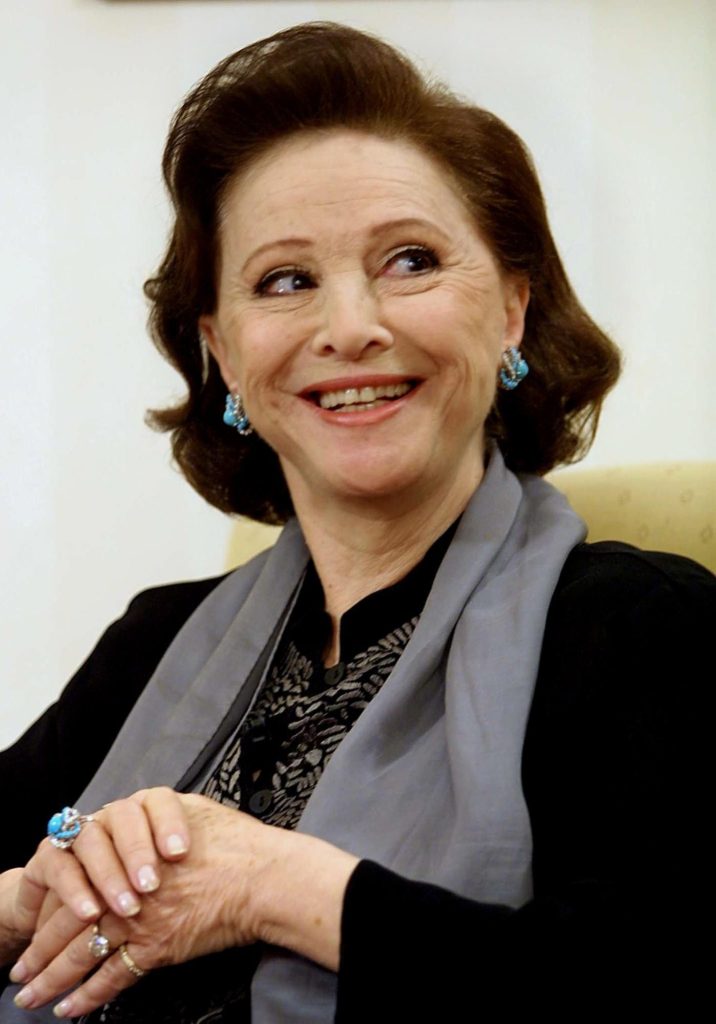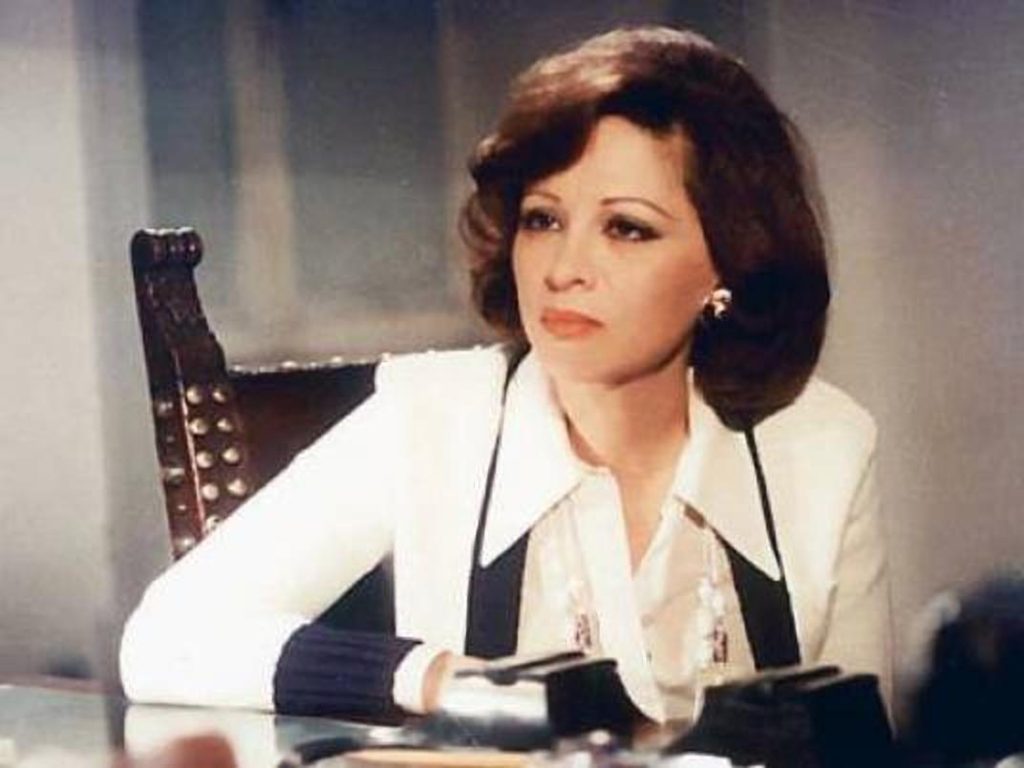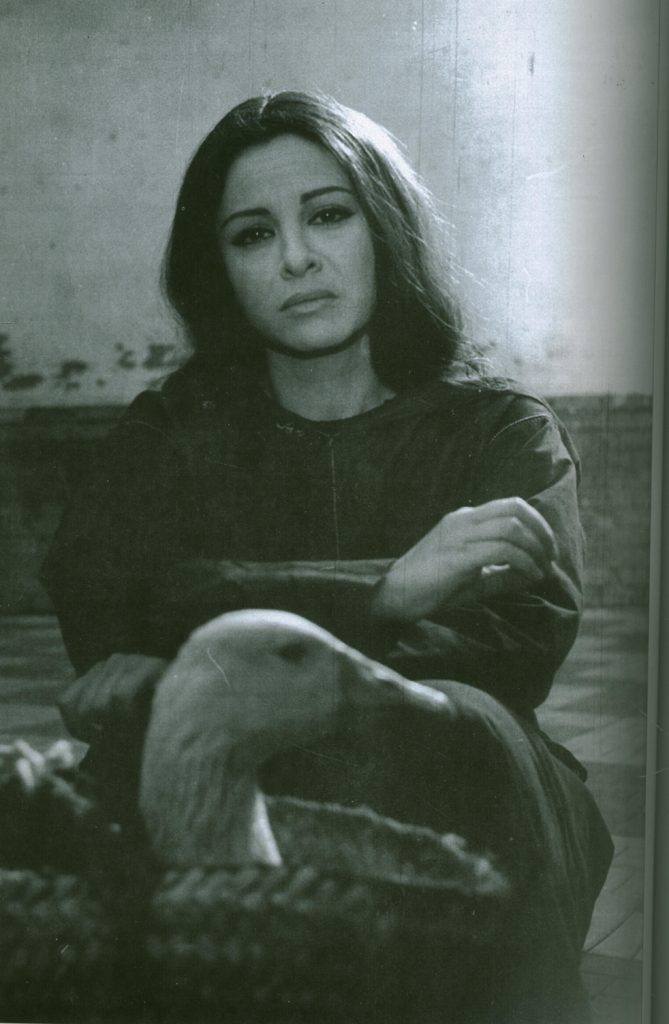It goes without saying that Egypt is never lacking in the department of artists and pure talent, which is why we need a reminder of the legacy that huge names like Faten Hamama have in the history of Egyptian culture. Jan. 17 of this year, marks the seventh year since the great Egyptian actress, Faten Hamama has left our world.
An actress that is so monumental that her legacy lives on, posthumously. Her amazing characters have made us want to remember her ground-breaking work and influential personality, even though it is impossible to forget, let’s take a look at the legend herself, her long legacy, and what we did to keep her in our memories.
The Legend
Born in 1931 to an Egyptian Muslim family in a lower-middle-class in Mansoura, Hamama’s aspirations for acting arose at an early age. She previously stated that as a child, she was influenced by Assia Dagher. When she was six years old, her father took her to the movies to see an Assia Dagher film; when the audience clapped for Assia, she told her father she felt they were clapping for her.
This ultimately resulted in her making her screen debut in 1939 when she was only seven years old. Her earliest roles were minor, but her activity and gradual success helped to establish her as a distinguished Egyptian film and television actress as well as producer.
The Legacy

Her career spanned over eight decades with every decade of her life representative of a new era of acting bearing witness to the reshaping and progression of Egyptian cinema. The progress of her different characters from when she started as a child in 1938 until today parallels the progress that modern Egyptian women have made during the 20th century and their interaction with the public, culture, or political life.
Her “real” debut in the eyes of most was with the movie “Malaak El Rahma” (Angel of Mercy) in 1946 coupled with other films in the 50s.
Playing a significant part in shaping the golden age of Egyptian cinema, Hamama set the bar high for her peers. Making it all the way to Hollywood in 1963 with the crime film, “Cairo.”
She strongly supported the 1952 Revolution, between 1966 and 1971, Hamama lived outside of Egypt because she had refused to cooperate with the Egyptian Intelligence Agency. The agency was full of corruption at that time and its head Salah Nasr was forcing Egyptian actresses to cooperate with them. When she moved back, she often selected roles that delivered a pro-democracy message or criticized Egypt’s laws.
The Memory

Her memory lives on and on, with Egypt’s critics, artists, and the public all commemorating her through various acts and credentials. During the celebration of 100 years of Egyptian cinema in 1996, she was chosen as the country’s most important actress. 18 of her films were selected among the best 150 made to date. It was no surprise that in 2000, the Egyptian Organization of Critics and Writers named her the Star of the Century.
Her most influential film was “Oridu Hallan” (I Want a Solution) which criticized the laws of marriage and divorce in Egypt. A law in Egypt that forbade Khul’ – a divorce initiated by the wife– was annulled immediately afterward.
All in all, one of Egypt’s most shining stars should be revered and admired even more so, maybe a public square by her name, or a big theater with her name on it. Someone of her status should have more appreciation from us.




